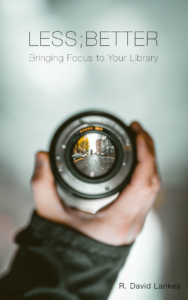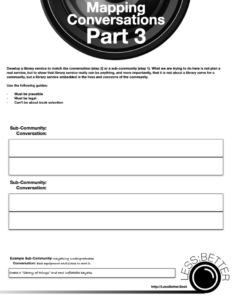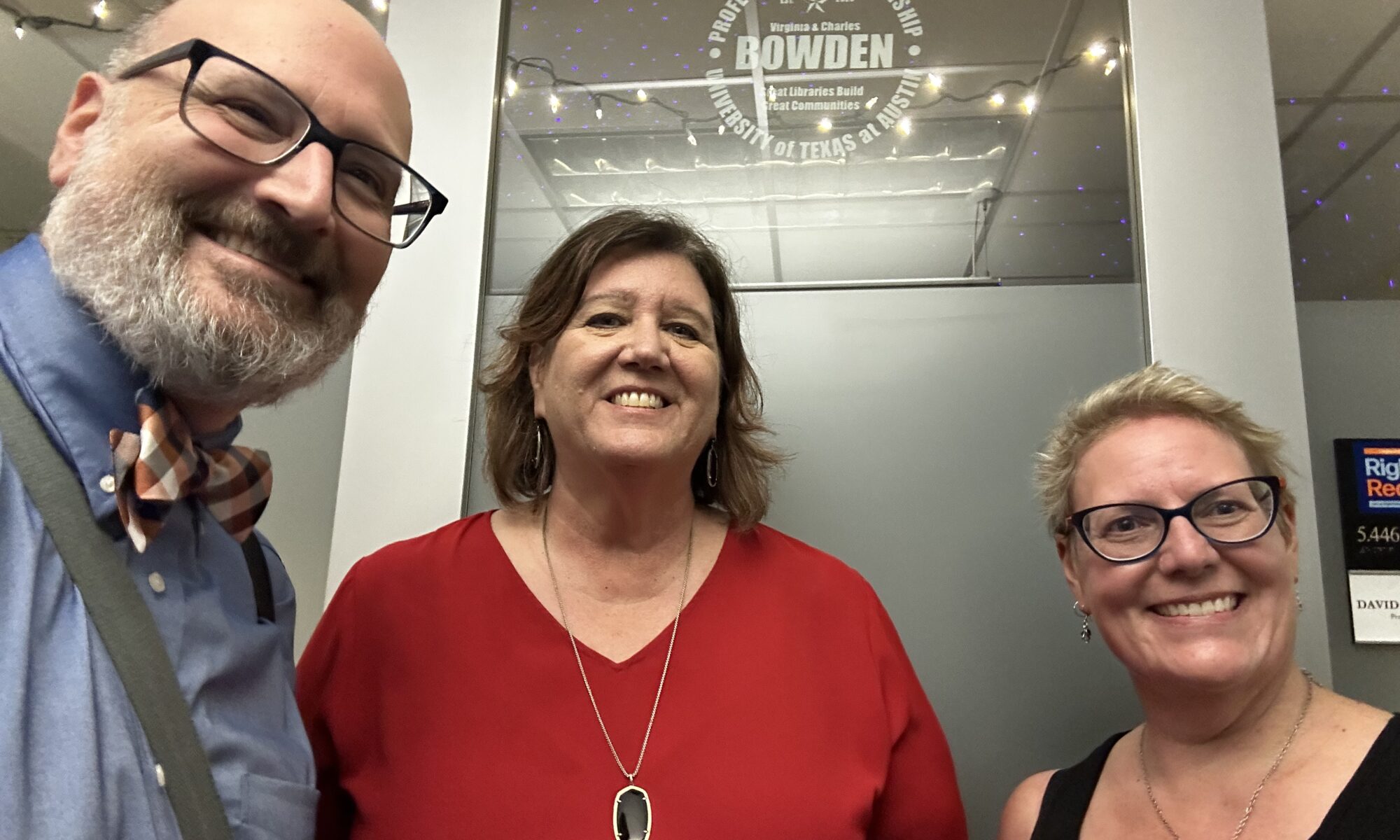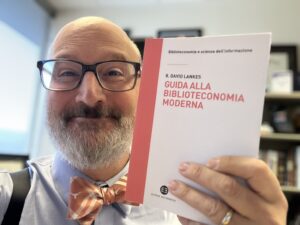“Library as Movement” Iowa Libraries Online Conference 2023
Abstract: The library is a platform to help communities improve. This platform must be collaborative. A place where librarians work directly with community members, companies, institutions, and others. It is these collaborations that drive positive change. This idea transforms the library as a place with services, to a movement – a joint effort to constantly advocate for positive change. The role of the librarian is as facilitator weaving together increasingly divided populations. The result is a library that reflects the unique nature and aspirations of a people looking to make a better future.
In this talk I’ll examine this idea and illustrate the reality of the approach with examples from Denmark, South Korea, Texas, and South Carolina. I’ll talk about how the core skills of librarians can be extended and directed to the library as a locus of radical positive change.
Video:




